If anyone wants to get off the beaten path—after visiting Morocco—and you’re up for a serious challenge, consider backpacking through West Africa using public transportation. Here are ten useful tips to make the adventure more enjoyable.
#1 Take Moroccan long-distance buses thru Western Sahara to Mauritania
The travel warnings sound scary, but it’s totally safe along the coast of “Moroccan Sahara,” it’s still Morocco. There are several reliable, comfortable bus companies with routes all the way to Mauritania; I had a good experience taking SupraTours, and CTM. Give five or six copies of your passport to the bus driver, it will save you—and everyone on the bus—a lot of time. There are so many security check points, and the guards hand-write your passport information at each one. Giving them a copy of your passport speeds up the whole process. I was the only foreigner (Caucasian) on the bus, and nobody else had to show their documents at the check points.
#2 Get your yellow fever shot & vaccination card at Institut Pasteur in Dakar, Senegal
Morocco, Mauritania, and Senegal didn’t require a yellow fever vaccination when I visited in December 2016. But you definitely need your vaccination card—and a yellow fever vaccination stamp—throughout the other West African countries. An easy place to get it is at the Institut Pasteur in Dakar, Senegal. The only other vaccination shot I needed was for meningitis—to get into Ivory Coast—which they gave me at the border crossing near Sanniquellie, Liberia.
#3 Prepare to be caked in red clay dust; use backpack covers, wear old clothes, and buy an air pollution mask
Your big backpack will be tied to the bush taxi’s roof. Sometimes they have a cover, most of the time they won’t. By the time you reach your destination, your backpack, hair, face, clothes, and any uncovered skin, will be covered in reddish dust. At the local markets, I bought second-hand, long sleeve shirts for a couple bucks, then threw them away after a few, long, bush taxi rides. In Conakry, Guinea, young entrepreneurs ran alongside our taxi selling air pollution masks. I bought three. One of my best investments ever. I didn’t have a cover for my black backpack, and it’s still stained brown. Oh well, “C’est la vie!”
#4 Pay for both shotgun seats on long-distance bush taxis in the poorest countries
The most common bush taxi in West Africa is a Peugeot 505. These mini station wagons have seven seats, hence the name in French “sept place,” or seven seats. But in Guinea-Bissau, and Guinea, they cram nine people into seven seats. So, to avoid complete misery, buy two tickets and ride shotgun in relative comfort. This will usually cost you about fifteen dollars, versus seven-fifty, and it’s worth every extra penny! I never rode in the far back seats, or the middle seat, they’re too hot and cramped. If I couldn’t get a window seat, I’d go the next taxi in line, call dibs on shotgun, then hunker down and wait. But most of the time, the first driver would get me a window seat, because they don’t want to wait any longer for the car to fill up. My longest wait time was four hours. Ouch.
#5 Bring a light weight sarong or batik for sun protection
Riding shotgun in the bush taxis is the most comfortable, but you get the most direct sun, too. Depending on the season—I was there during the hottest part of the year—it can get scorching hot. I covered up with a light weight batik cloth, which also helped protect me from the dirt. I bought a sweet indigo dyed cloth in Dogon Country, but it’s quite thick and it was too hot to cover up with. The sun is brutal in West Africa, so bring something light to cover up.
#6 Carry small bills to buy food and drinks from the bus stop vendors
In every West African country, at every bus stop, street vendors will swarm around each bus that pulls up. They sell drinks, fried fish, boiled eggs, mangoes, crackers, avocados, and everything else you can imagine. But often, they won’t have change for a large bill. In general, getting change anywhere in West Africa is a hassle, especially with street vendors. So, when you have the chance to break a big bill, do it. And save the small bills to buy bags of water, and snacks from the bus stop vendors.
#7 Buy bags of water for your bush taxi mates, especially the driver
Yes, plastic bags of water, not plastic bottles. In Africa, plastic bottles of water are too expensive for the average person, so water also comes in five hundred milliliter plastic bags that cost about ten cents. Everywhere you go—especially at taxi and bus stops—women and children sell bags of water. Save your plastic bottle, and refill it with bagged water for a tenth of the cost. And for less than a dollar, you can treat your driver and all your fellow passengers to a bag of water. West African bush taxi drivers are among the hardest workers on the planet; driving for hours, unloading bags, fixing the car, and fending off soldiers and police trying to fleece him. And if you’re not black, there’s a good chance your driver paid an extra bribe because of you at the last security checkpoint. So, buying everyone a round of water is a great way to show some luv, and make new friends.
#8 Always carry a copy of your passport for military and police shakedowns
Unless you’re at a border crossing, never give your passport to a policeman in West Africa. They’ll take it, and they won’t return it until you give them a bribe. This advice works well in other parts of the world—think Central Asia and Eastern Europe—but the police in some parts of West Africa take bribery to another level. Having already traveled through Central Asia, I knew the drill, so I never got burned in West Africa. But my taxi mates in Guinea told me stories of their American boyfriends that paid a hundred dollars each to get their passports back.
#9 Pack a mosquito net with hooks and string to protect yourself from malaria.
I bought a mosquito net in Monrovia, Liberia, but there were many places where I couldn’t hang it up. There was nothing on the ceiling above the bed, or the ceiling was too high. Now I carry a roll of string and a couple screw hooks so I always have some way to hang my mosquito net. I didn’t bring any malaria medicine, and even though I was mauled by mosquitoes a few times, I never caught malaria. I was surprised by the nonchalant attitude of many expats and locals regarding malaria; “if you get it, you go to the doctor, simple as that.” In hindsight, carrying some malaria tablets to remote areas—where you’re a couple days away from a big city—wouldn’t be a bad idea.
#10 Get the Schwab Bank Visa card and carry a cash reserve of US dollars, not West African Francs
Full disclosure; I got this Schwab Bank Visa card tip from the Expert Vagabond, thanks Matt! Before your trip, open a checking account at Schwab. The Schwab Bank visa card has no overseas transaction fee, and they refund your worldwide ATM fees every month. It’s freakin’ awesome! Don’t leave home without it. Oops, wrong bank slogan. As far as carrying cash, euros work well, but US dollars are king. I got stuck in Robertsport, Liberia with only West African francs (CFA), no dollars, no euros. Money changers wouldn’t exchange the CFA, even though the surrounding countries used it. Always, ALWAYS carry an emergency cash reserve of a few hundred US dollars.


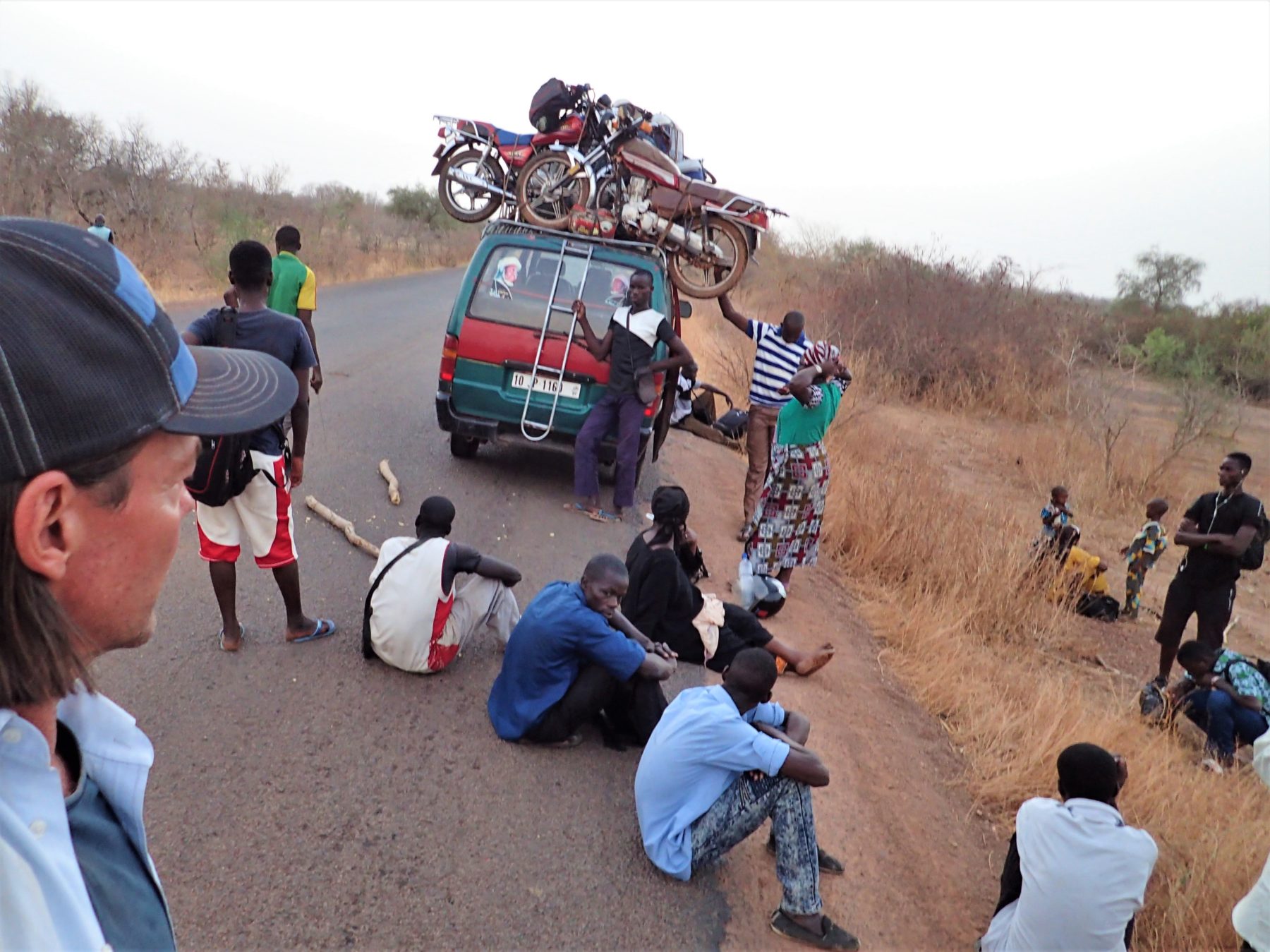
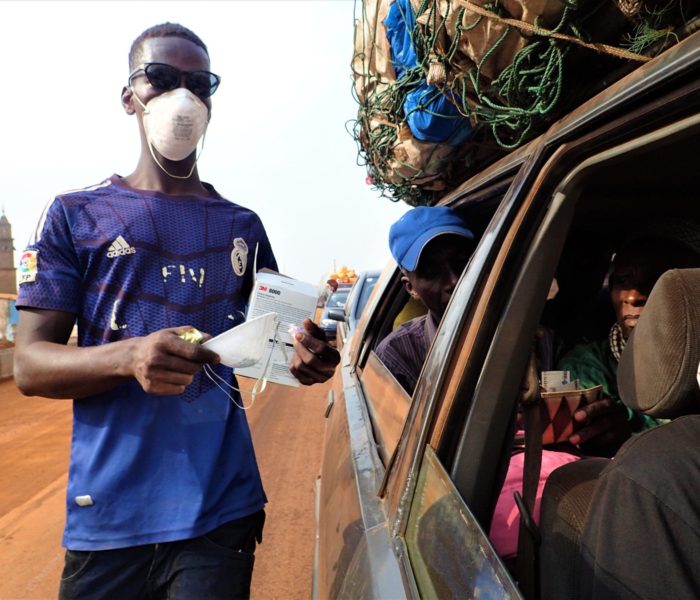
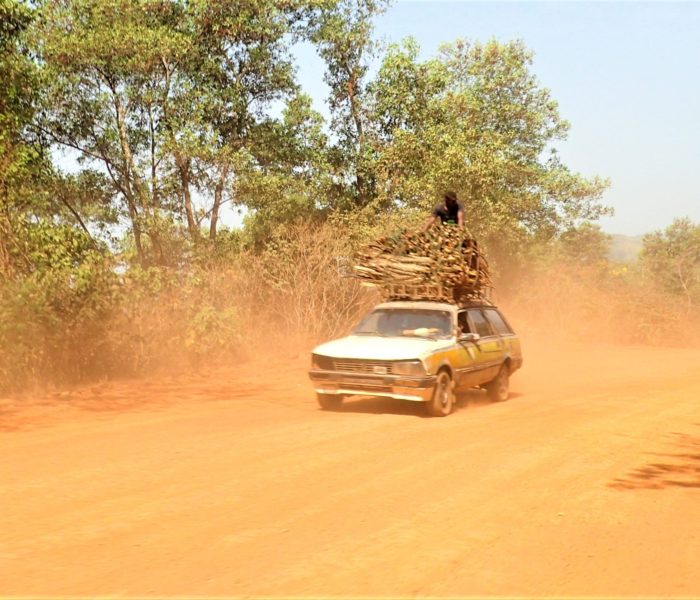
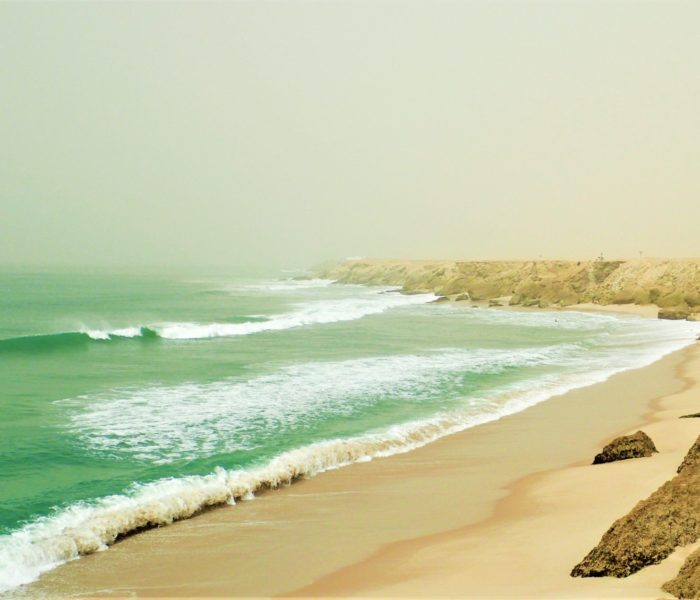
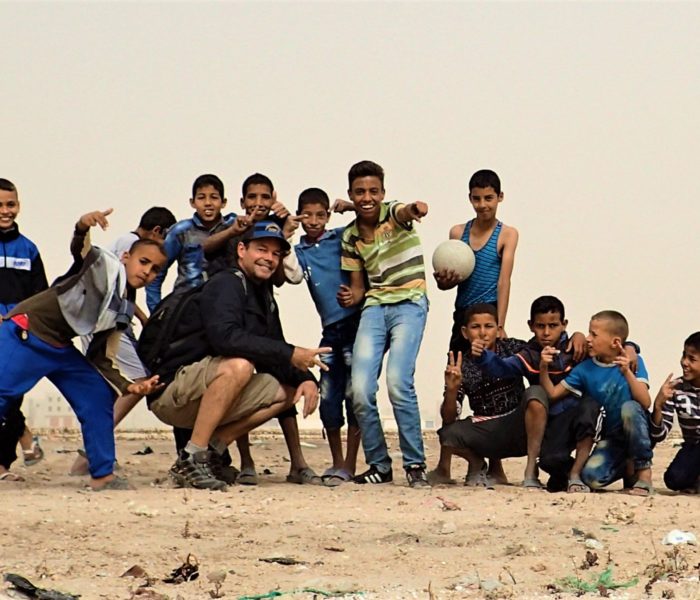
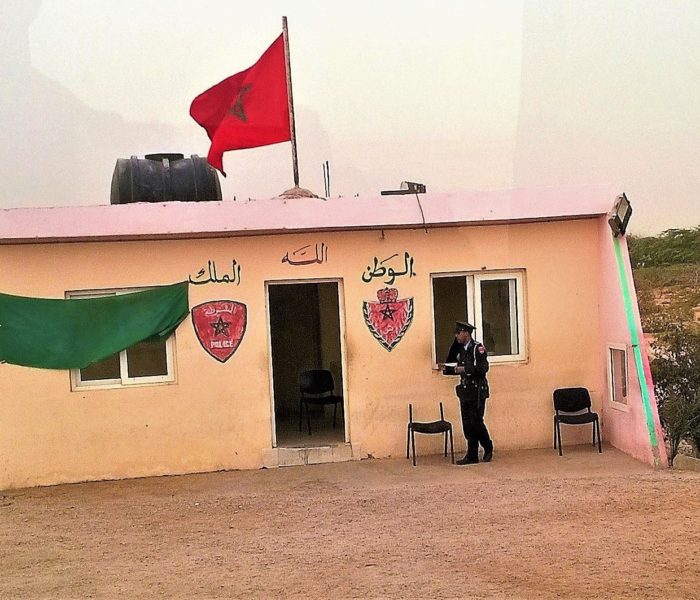
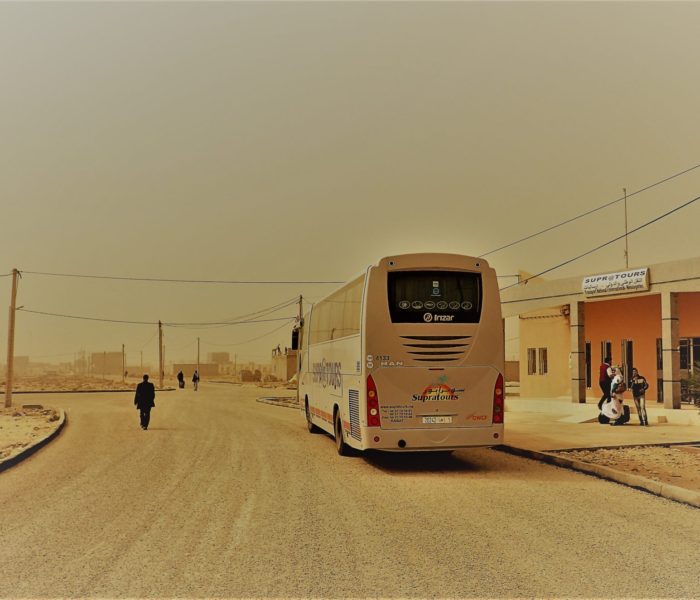
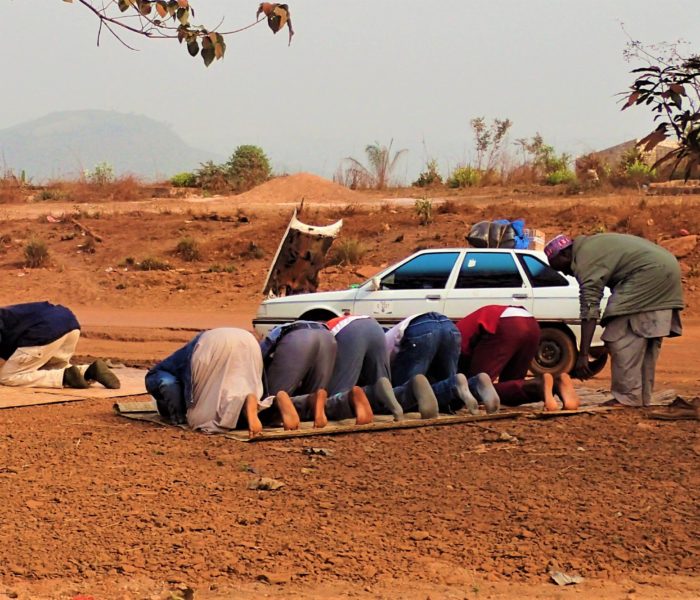
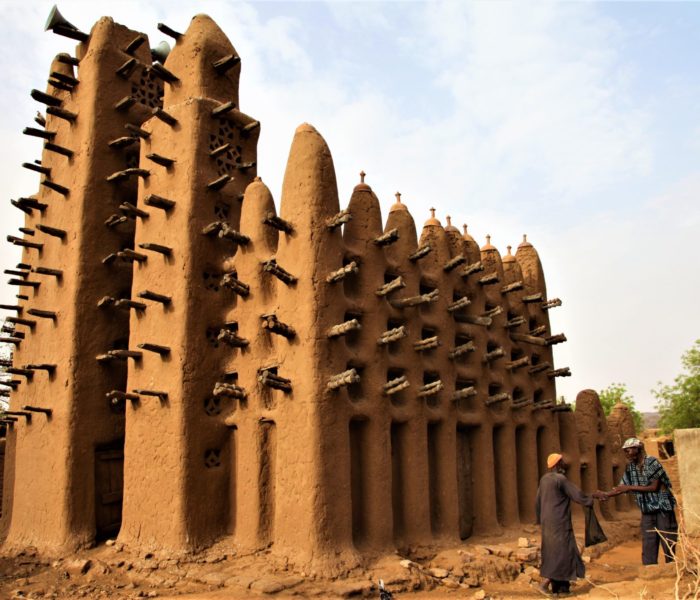
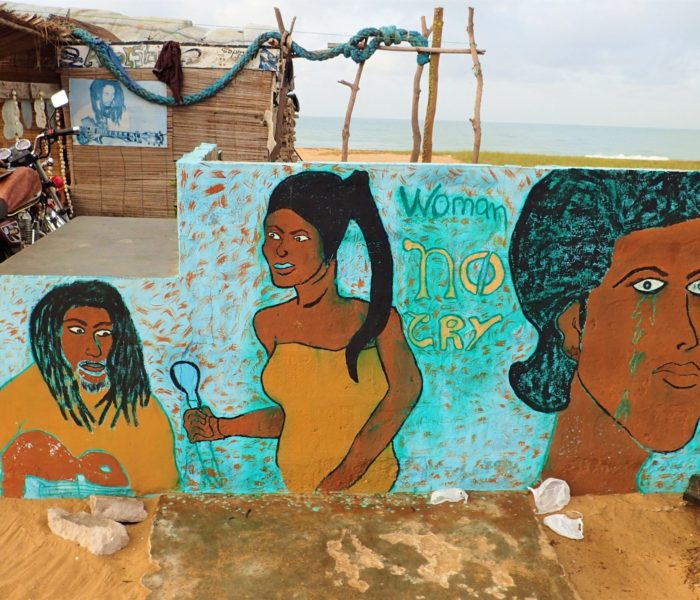
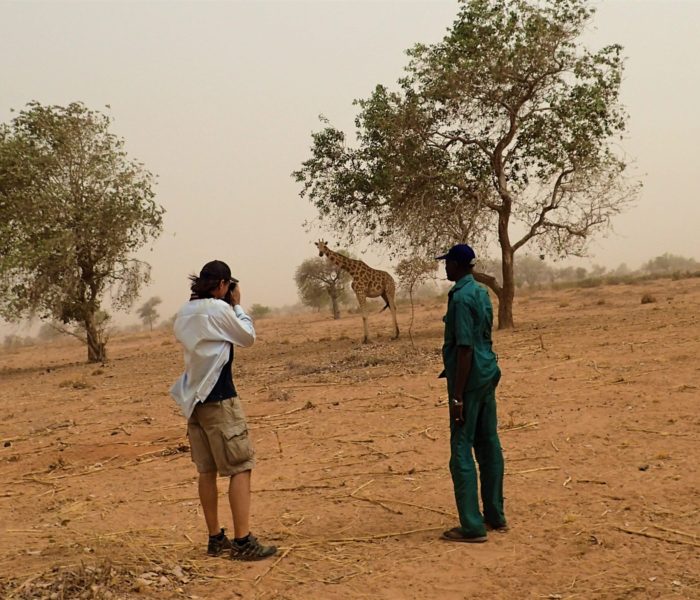
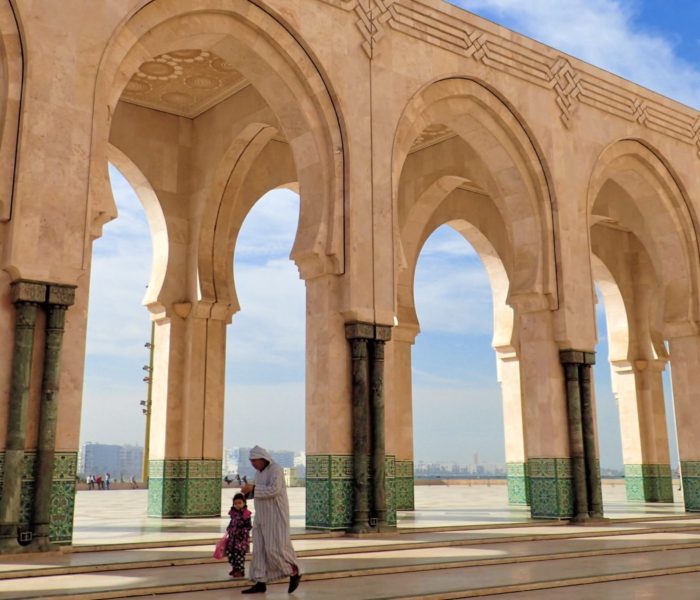
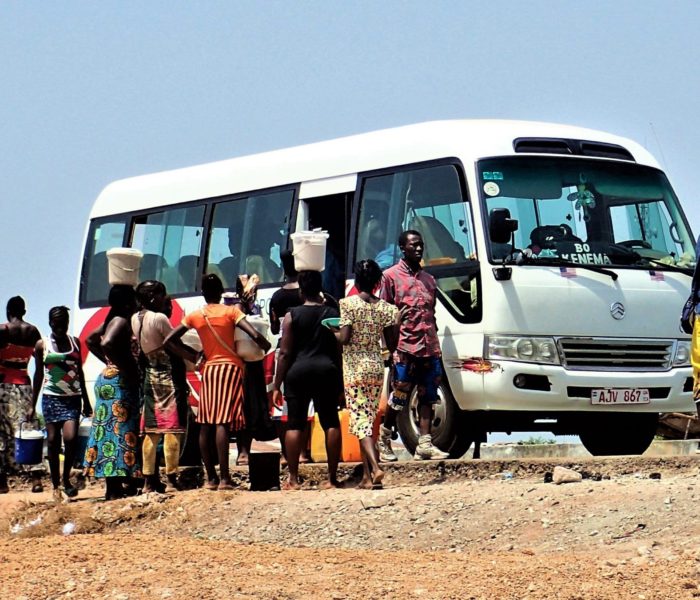
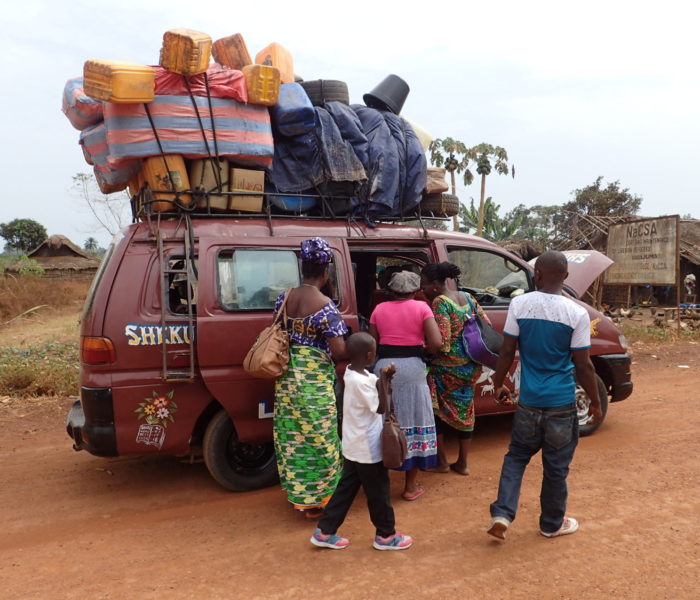
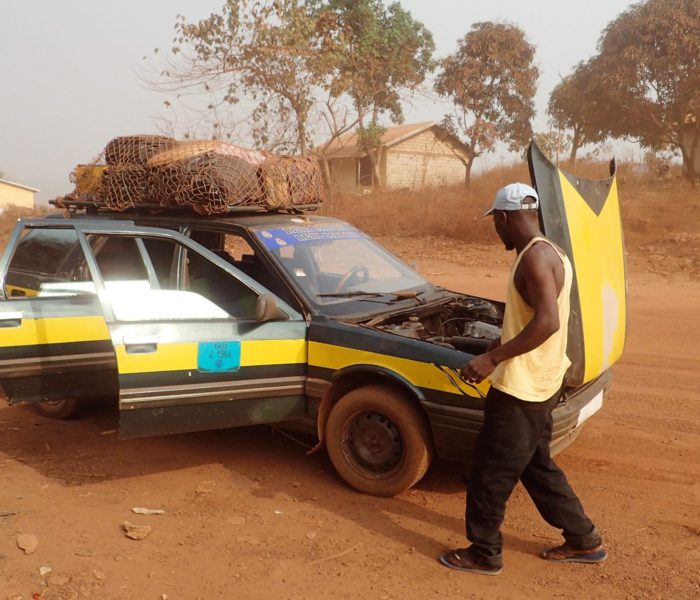

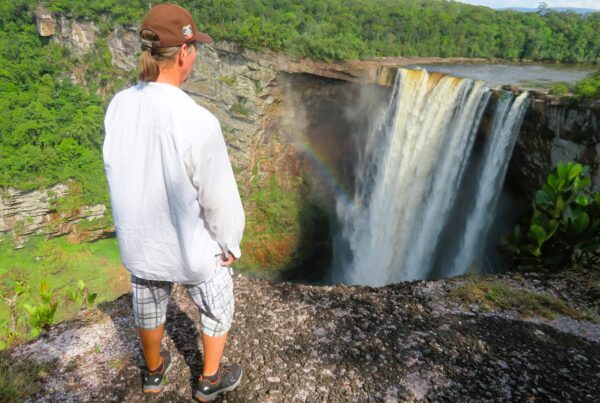
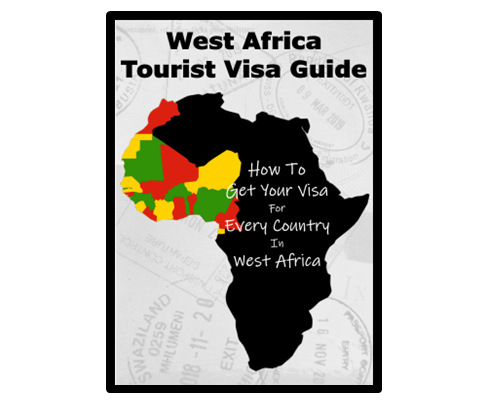
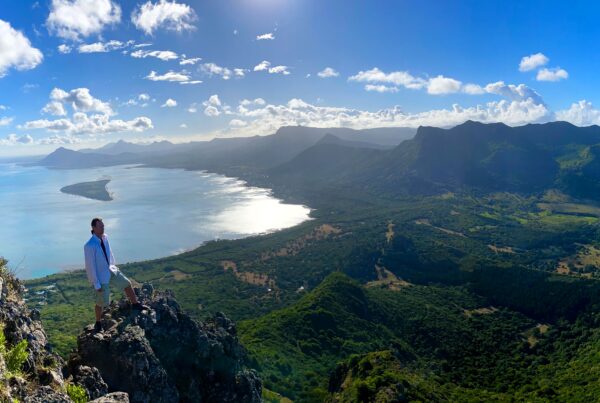







Brilliant travel tips! I agree with all of them, except one.
Although I rode shotgun often, I wouldn’t pay extra for it.
The most likely way you will die in West Africa isn’t malaria, or a murder, or a lion.
It’s a traffic accident.
Riding shotgun is the most dangerous seat.